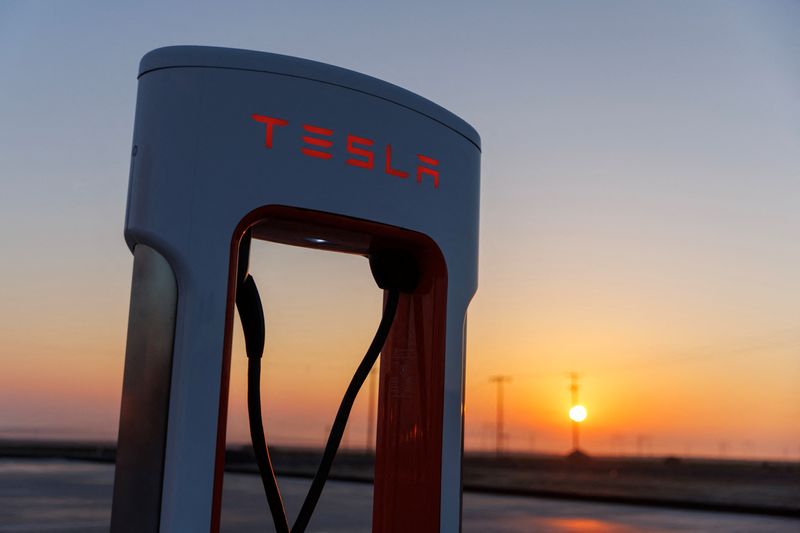LAKEWOOD, NJ – Senator Robert Singer and Assemblymen Sean Kean and Edward Thomson have expressed their concerns over Governor Murphy’s recent announcement mandating car manufacturers to sell only zero-emission electric vehicles in New Jersey by 2035. The District 30 lawmakers believe that this move will make the state even more unaffordable, particularly for residents on fixed incomes.
Senator Singer criticized the governor’s decision as an abuse of power that caters primarily to the wealthy, arguing that many residents cannot afford the higher cost of electric vehicles compared to traditional gas-powered cars.
He also raised concerns about the fairness of dictating vehicle choices to the public while Governor Murphy continues to use gas-powered vehicles himself.
Governor Murphy’s plan, announced in a press release on Monday, aims to phase out gas-powered vehicles from sales in New Jersey. The rule would require car manufacturers to increase the percentage of zero-emission vehicles in their new light-duty vehicle sales, ultimately reaching 100% zero-emission vehicles by 2035. The governor clarified that the rule does not impose any obligations on consumers or car dealers.
However, District 30 lawmakers warn that this mandate may lead to financial hardships, especially for seniors, who might be forced to replace their affordable gas-powered cars with more expensive electric vehicles. They expressed concern that such a requirement could potentially lead to more residents leaving the state due to increased living costs and financial burdens.
Assemblyman Kean emphasized the challenge faced by seniors, questioning how retirees would cope with the prospect of having to purchase electric vehicles that can cost more than $60,000.
He argued that the governor’s Energy Master Plan could exacerbate the existing issues of high taxes and living costs, driving more people away from New Jersey.
Additionally, lawmakers pointed out the fragility of the state’s electric grid, stating that it is struggling to meet current consumer demands. They argued that the added strain of charging a significant number of electric vehicles could result in higher energy costs for utility customers and potentially lead to energy brownouts and blackouts, posing a significant risk to vulnerable populations like seniors.
Assembly and Senate Republicans have consistently criticized Governor Murphy’s ambitious Energy Master Plan, labeling it unrealistic.
While they acknowledge the importance of transitioning to clean energy, they believe that the plan must be balanced and considerate of the state’s infrastructure limitations and financial implications for its residents.

